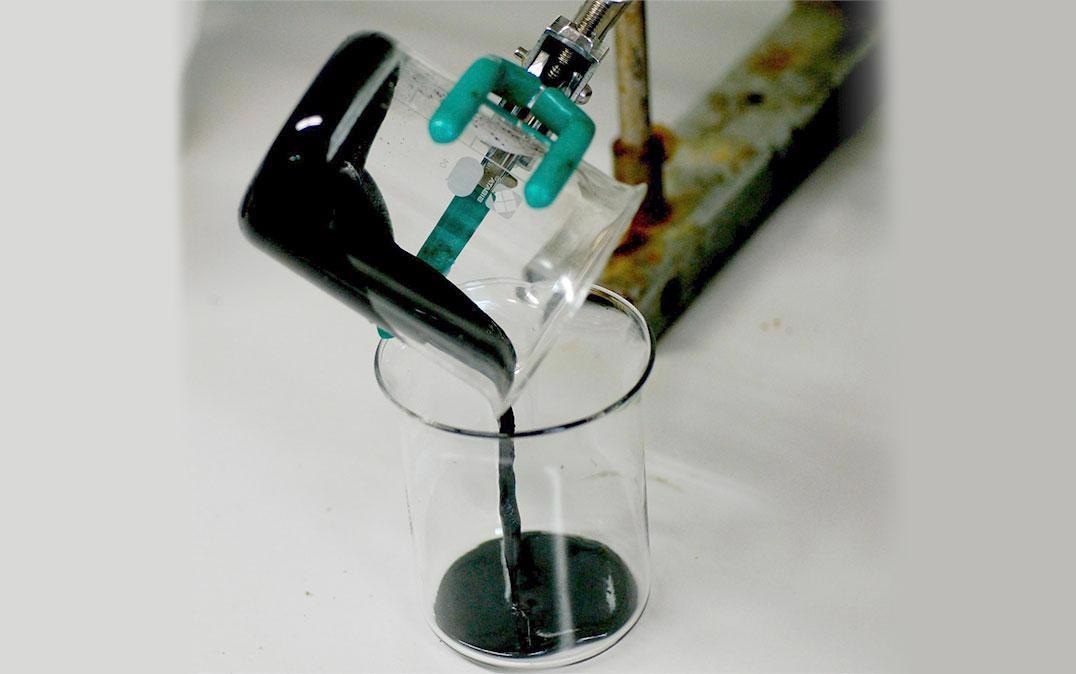Electrically conductive polymers, like polyaniline, in medical equipment, automobiles, and much other advanced technology, keep numerous fragile components together. What solvent aids synthesis the best has been a significant barrier to polyaniline synthesis for industrial electronics applications for many years.

Image Credit: University of Tsukuba
To reduce the expense and complexity of producing polyanilines and to enable beneficial features like shape, it is crucial to address this abstract question. Up until now, it had been impossible to use a variety of inexpensive, low-boiling-point solvents, which would have substantially aided flexible polymer-processing modes like inkjet printing.
Scientists from the University of Tsukuba and cooperating partners have synthesized polyaniline in a variety of common solvents for a work that was recently published in Polymer-Plastics Technology and Materials. Production will be substantially simplified, and manufacturing costs will be reduced, thanks to this enhanced capacity to manufacture and process polyaniline.
Polyaniline is an extremely versatile polymer in routine and advanced technologies, but restrictions on which solvents can be used for synthesis have long hindered this versatility. Our discovery of how to facilitate polymerization in diverse solvents will be useful in basic research and industrial applications.
Hiromasa Goto, Study Senior Author and Professor, University Of Tsukuba
When researchers added a modest amount of iodine to the reaction mixture, they were able to convert aniline sulfate into polyaniline in a single step. This technique was compatible with a variety of solvents, including non-toxic ethanol and dichloromethane.
The polyaniline made using this method had the same crystallinity and electrical characteristics as if it had been made using traditional techniques, according to extensive experimental characterizations.
A particularly exciting result is the ease of preparing industrially useful polymer alloys, such as blends with polystyrene or cellulose derivatives. Electrically conductive paint, advanced rubber blends, and other materials are now straightforward to prepare, which we expect will facilitate product development in diverse fields.
Hiromasa Goto, Study Senior Author and Professor, University Of Tsukuba
Iodine, according to the researchers, is an electron-acceptor dopant that makes it easier to produce localized polarons, which are essential for polymerization followed by radical chain reactions.
This study’s findings will make polyaniline more suitable for inkjet printing and other practical processing techniques, which will make it easier to produce printed circuit boards and other typical modern electronics components.
Many common and cutting-edge technologies will be easier to produce and more affordable if we concentrate on the abstract problem of solvent compatibility.
Journal Reference:
Goto, H., et al. (2022) Synthesis of polyaniline in organic solvents. Polymer-Plastics Technology and Materials. https://www.tandfonline.com/doi/abs/10.1080/25740881.2022.2075270